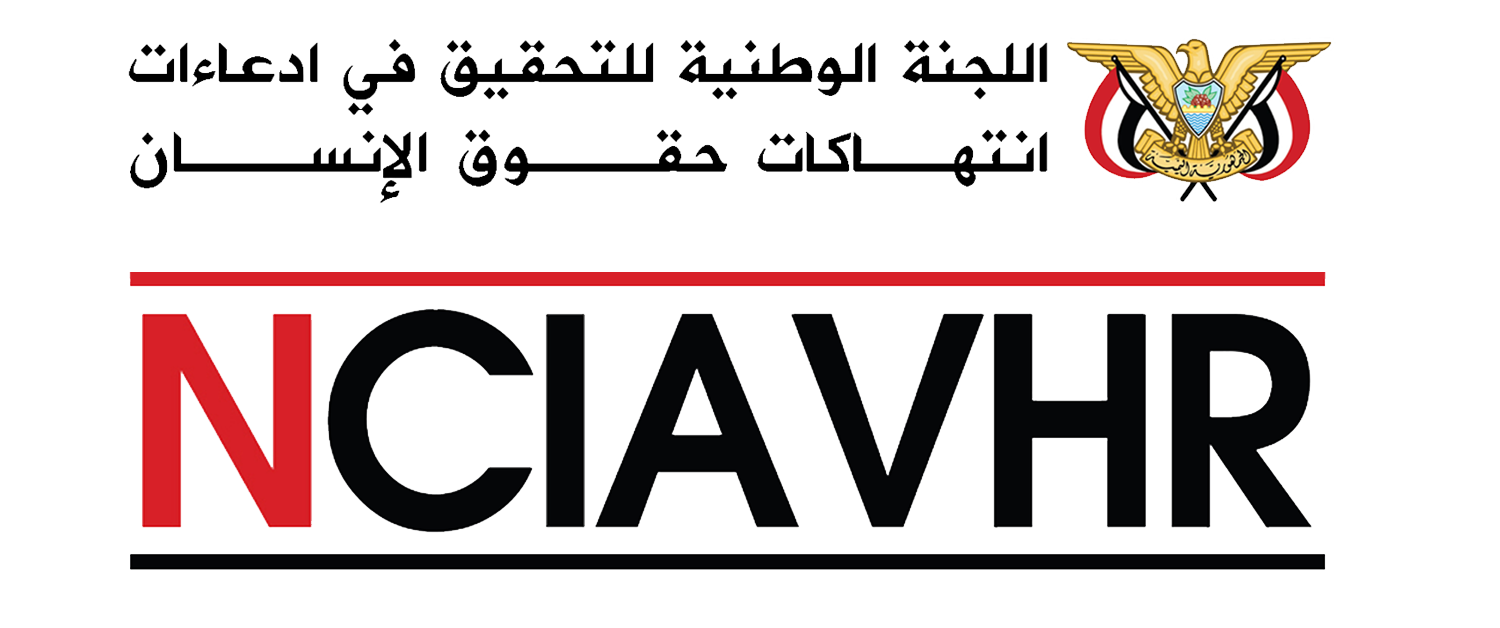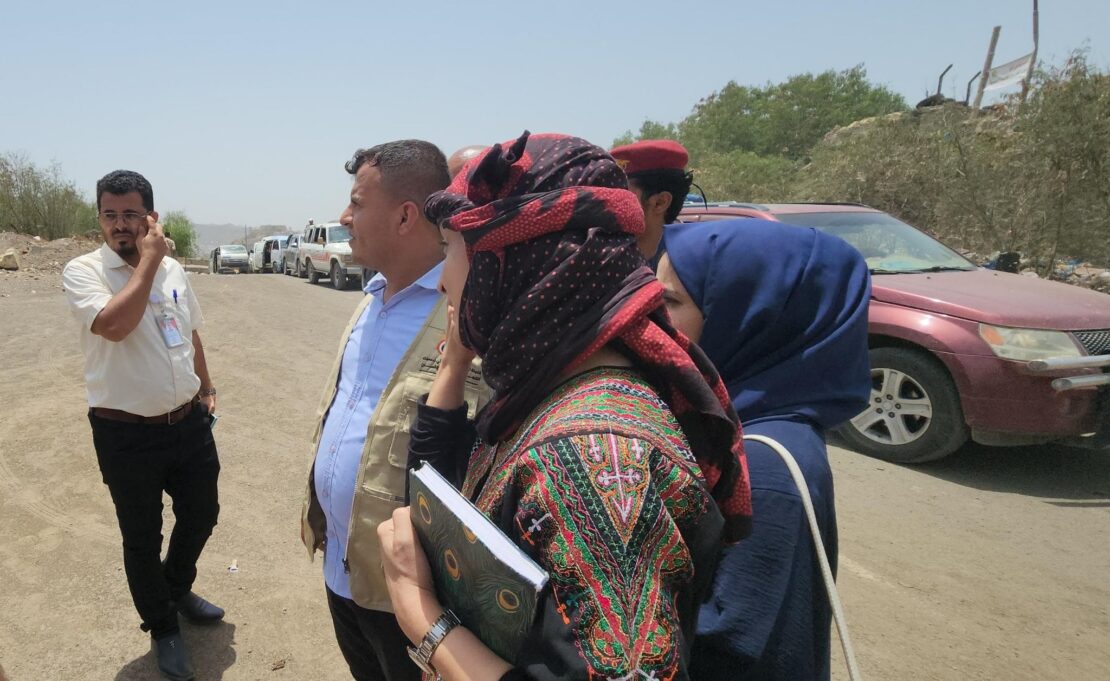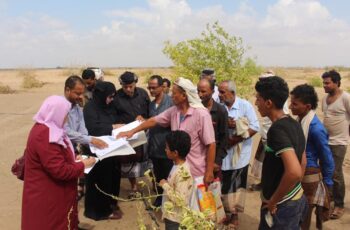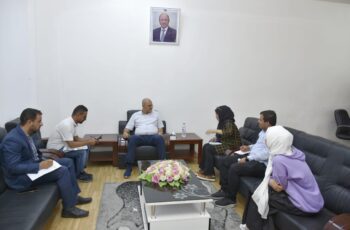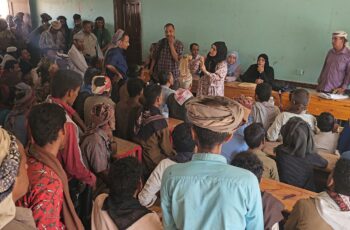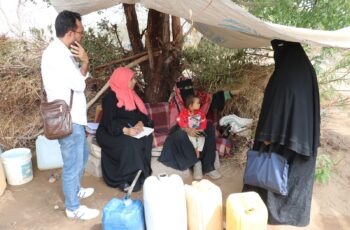Taiz: NCIAVHR Reviews Human Rights Protection Measures on Qasr Hawban Road
Taiz | July 11, 2024
Today, the National Commission to Investigate Alleged Violations of Human Rights (NCIAVHR) conducted a field visit to neighborhoods in the Salh district east of Taiz City. The visit aimed to assess the overall situation and movement to and from the city at the security and military checkpoint after the opening of the Qasr Hawban Road, focusing on human rights protection measures.
During the visit, the Commission team met with the Chief of Staff of the 22nd Mika Brigade, Brigadier General Mansour Al-Hasani, who outlined the key procedures implemented by the joint security committee responsible for monitoring entry and exit through the Qasr Hawban Road. This road was opened a month ago following international and popular pressures to lift the complete blockade on Taiz City and open its roads.
Brigadier Al-Hasani highlighted that these measures included reception, inspection, and the examination and analysis of the personal identification cards of entrants. The brigade ensures that individuals wanted for security reasons are not involved in killings or assassinations along the road. The brigade operates with qualified personnel working long hours to serve citizens, facilitate their entry into the city, ensure their safety, and maintain security, stability, and tranquility within Taiz.
Brigadier Al-Hasani noted the significant traffic density, with up to 6,000 vehicles daily from the districts of Sharab, Al-Taziya, and Damnat Khadeer visiting relatives or returning to their homes, as well as visitors from other governorates, including Sana’a, Dhamar, Ibb, and Al-Mahwit, seeking to visit the city or obtain passports.
During the visit, the Commission also inspected citizen reception sections and security checks, including information and security departments. They observed traffic movement and met with several citizens, listening to explanations from the 22nd Brigade and the working teams of the joint committee. They responded to inquiries from the Commission regarding guarantees of human rights protection for citizens traveling along the Qasr Hawban Road by international humanitarian law and the measures taken to ensure the right to movement and dignified treatment in line with national and international legal standards.
Additionally, the Commission, led by Judge Ishraq Al-Muqtari, a Commission member, reviewed the extensive damage and destruction of private properties and homes of citizens in areas such as Qasr, Al-Kamp, and the Faculty of Medicine neighborhood. This included the destruction of primary and secondary public schools in the region that accommodated thousands of students from the districts of Salh, Al-Qahira, and Al-Taziya. The destruction deprived many of their right to education and displaced others to various areas.
